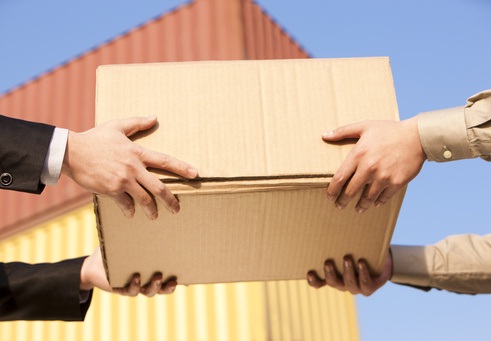Presently international shipping represents a key process in many businesses’ structure. Shipping your products overseas is often a simple process, especially if you engage the services of a reputable shipper. However there are important factors which companies should bear in mind the next time they make a dispatch. Every nation has its own customs, and this can in some cases affect the smooth passage of a consignment from one country to the next.
Usually each country has a list of proscribed materials which will be confiscated if they are discovered. These regulations may vary from nation to nation. In all cases, it’s best to make a few inquiries before importing into a country if you are not absolutely sure about the safety of your consignment.

Australia
Exporting packages to Australia, for instance, can sometime prove complex. The country is known for its fragile eco-system, consequently there are strict regulations covering the import of everything from soil and plants to pesticides and wildlife. The Australian officials are presumably to refuse entry to parcels which they suspect contain any prohibited items, so make certain you always check before shipping.

Japan
If your company is going to trade with Japan, the value should to be declared in advance. If consignment equates to more than 300,000 yen (approximately $28400) , it will be not possible to ship it straight to the recipient’s address. When the consignment enters the country, will be contacted by the Japanese authorities, and he or she will then be expected to collect it from the local delivery office. For time-sensitive products, it must be borne in mind.

United States
Day-to-day, thousands and thousands of packages are delivered from different countries to the United States. However many senders don’t realize how many potential restrictions may be involved in the shipping process. The usual list of suspects may come as no great surprise and sending fresh fruits and vegetables can be complex operations.

China
Packages that contain products meant for for political promotion are probably to be impounded in China. The same rule applies, incredibly, to many items with the label ‘Made in China’. The country protects its trading operations at every opportunity, so be careful what you send. American beef products and various medications are all on the Chinese prohibited list.

Mexico
There are major restrictions which need to be remembered when exporting to Mexico. Restrictions on imports include alcohol, tobacco and medications, but there are also issues facing the movement of pencils, bicycles and compact discs. By using international parcel specialists, you can be sure of having expert help along the way.

Italy
Italy imposes restrictions on the import of certain food items that include milk for infants, while in France there are limitations on the movement of a range of different products, including artificial-fibre pyjamas and pencil erasers which look like food. Extra-strength alcohol and potatoes are just some of the items that you cannot import into Norway. In New Zealand, it is prohibited to import car tyres, chewing tobacco and anything trout-related.
Sending certain sensitive items overseas is perhaps not as simple as you thought. Each country appears to have particular quirks, and falling foul of these restrictions can be a frustrating, time-consuming and ultimately costly experience. Make sure you find out the facts before waving goodbye to your parcels.






